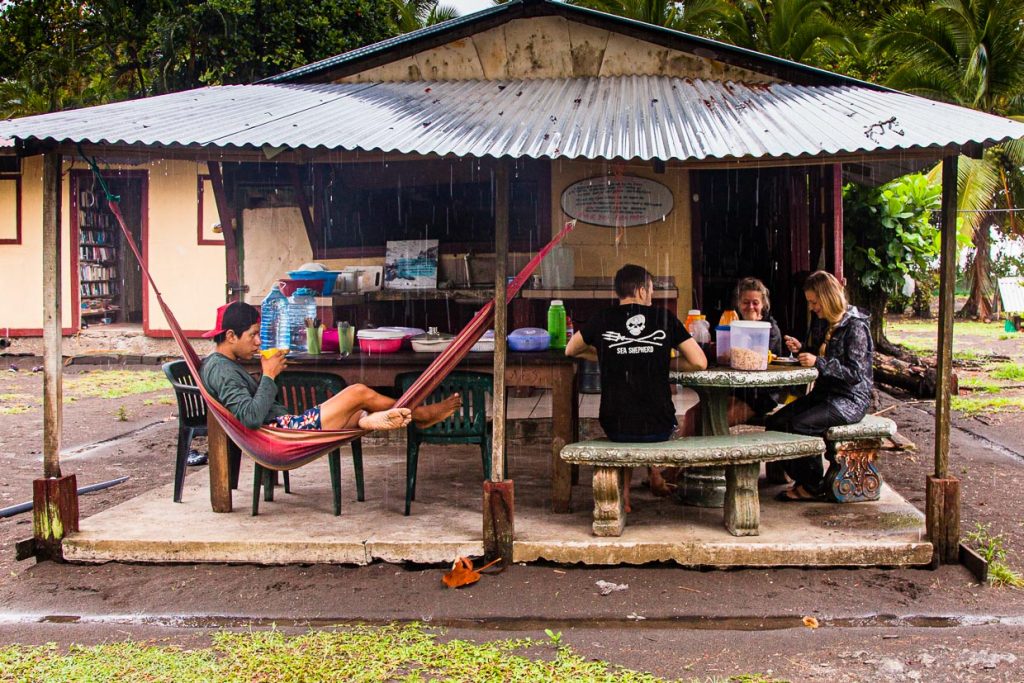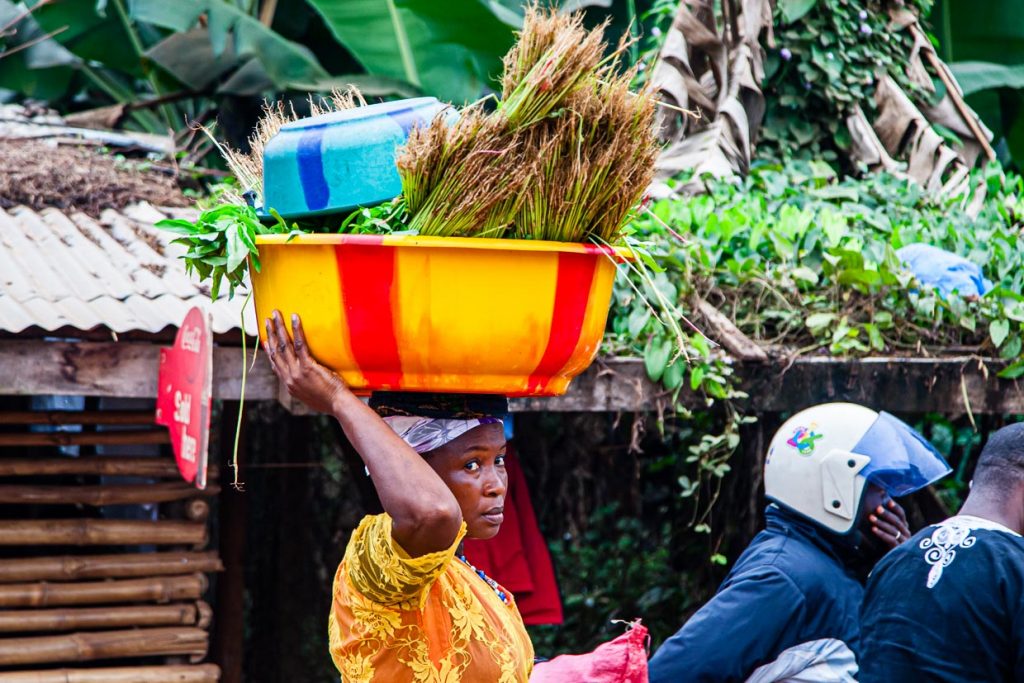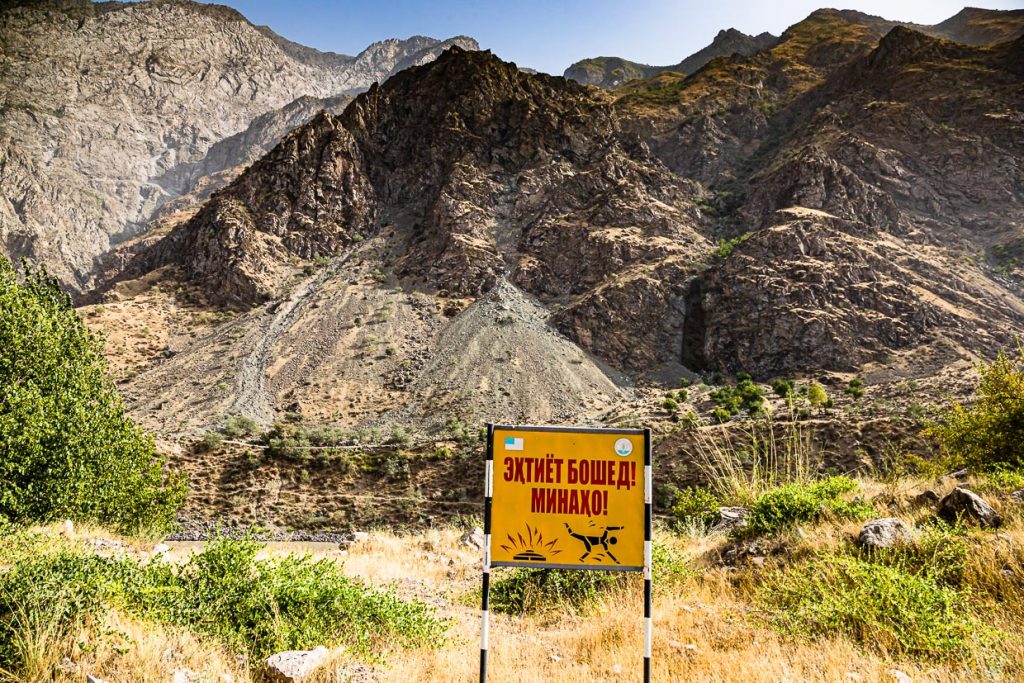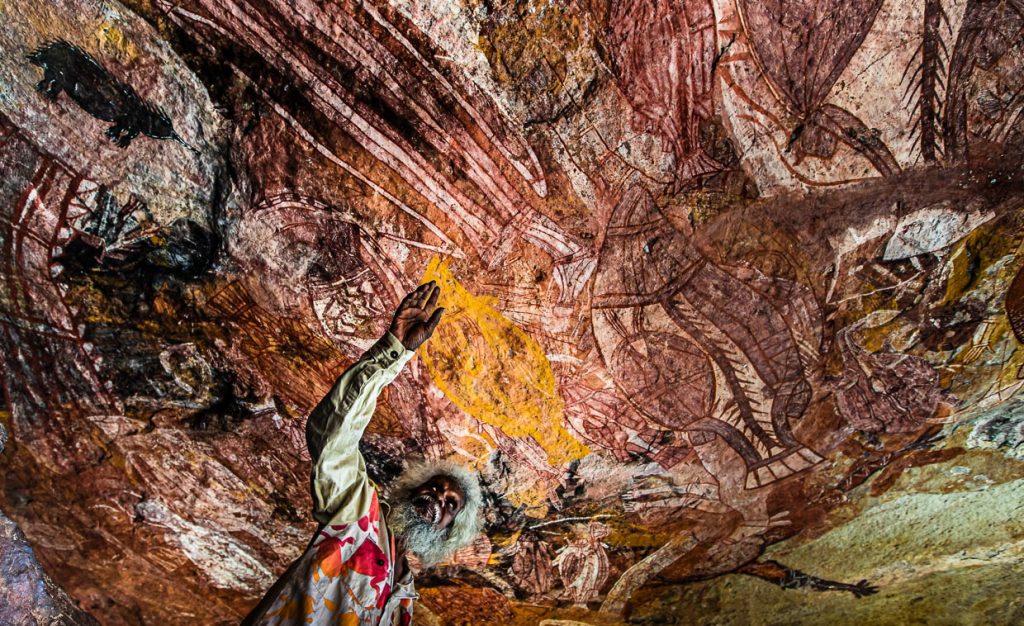Travelers are interested in the world. They want to make experiences on the way, with which they can develop positively not only themselves. Unlike tourists who only consume, enlightened travelers feel responsible for an intact environment and respect the culture of their hosts.

New experiences through sustainable tourism
The goal is not to enjoy particularly luxurious offerings. The valuable time spent traveling is much more used to expand one’s own limitations with completely unfamiliar experiences and to gain new opportunities for knowledge. Responsible travelers want to come home not only refreshed, but also with a good feeling.
While people from wealthy countries can afford the luxury of a trip, people in many vacation destinations live at the subsistence level. They hardly ever have a vacation and rarely even a day off. At the United Nations Sustainability Summit in New York in 2015, it was decided that the discrepancy between poor and rich countries should be reduced. Tourism, as an important economic factor, was also held responsible for its consequences. Ideally, tourism should strengthen destinations while preserving and promoting their distinctiveness.

Positive balance for the conscience
Human encounters, cultural experiences or nature adventures turn travelers into cultured people who assess their future actions with broader horizons. In view of the environmental impact of the journey, the balance can be quite positive in the weighing process, even though the carbon dioxide emissions of an air trip or cruise represent a burden on the climate.
The German Minister of Economics and Climate Protection, Robert Habeck, sees tourism as an opportunity for international understanding. There is “really no better counterweight to war than tourism,” the Green Party politician said at the ITB 2022 International Travel Trade Show, which is overshadowed by the war in Ukraine. With tourism accounting for about eight percent of global CO2 emissions before the Corona pandemic, the Green politician called for a fresh start toward climate neutrality and sustainability.

The balance of interests between wealthy travelers and the social and economic fabric in the destination must be such that the local economy is strengthened with the self-reliant operation of facilities that have the least possible impact on the social climate. The development of the last paradises must be sustainable. Fine dining, wellness or the highest standards of comfort do not fit in areas where people have neither electricity nor running water at home.
Travel has changed me
As strange as it sounds, I experienced myself and my own role in the world most intensively in the secluded habitat of Australian Aboriginals. People for whom their family is more important than performance and recognition. They don’t like to be photographed because they fear that their soul will not find peace if there are pictures of them after death. People who hike for months to visit sacred sites in order to understand the wisdom their ancestors left behind 20,000 years ago as signs on rocks.

On this trip, far away from civilized infrastructure, I have at least begun to understand that hardly anything comes close to gaining one’s own maturity.
The best Things in Life are Free
We remember many incidents on trips that stand out only for their uniqueness and not for luxurious facilities or consummate service.
Other aspects: Citizen Science (as a citizen scientist with the giant leatherback turtles), spear fishing in Japan, wild asparagus in Tuscany, brewing beer in the communal brewery of Falkenberg, respectful gift giving in Africa and not to be underestimated: the charm of the imperfect.














